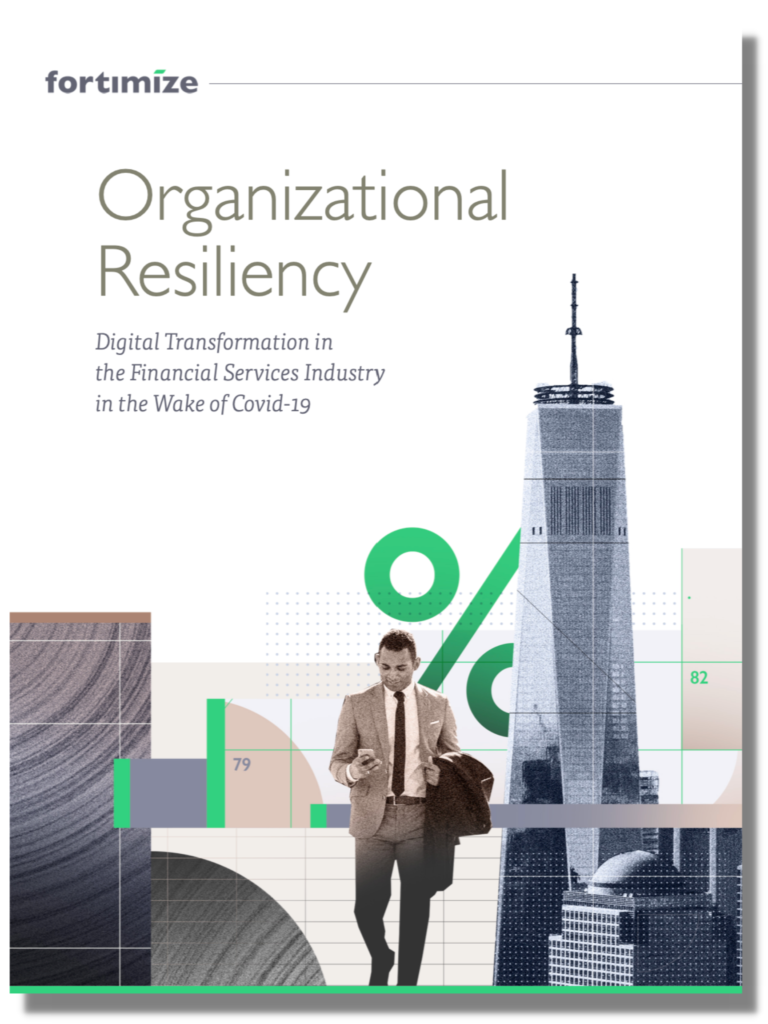A Solid Data Foundation and Org-wide Strategy is Essential
The emergence of generative AI, exemplified by tools like ChatGPT, has captured the world’s attention due to its ability to produce quick and relatively quality insights and content. As this technology gains momentum, real estate executives are beginning to wonder why they don’t have access to similar capabilities to extract insights from their data, documents, and operations. As a result, new leadership committees are forming in real estate organizations, tasking technology leaders with exploring the potential of generative AI.
But AI and automation have been a part of the real estate industry for years. Companies have long experimented with AI in isolated parts of their operations, such as lease abstraction, tenant chatbots, and accounting robotics process automation. However, it’s the rapid development of generative AI that demands a more coordinated approach now more than ever.
To fully harness the transformative power of generative AI–beyond individual productivity and across your organization–it’s crucial to address your data, technology, and operations foundation first. Data capture and integration mechanisms need to be established. Additionally, a strong foundation of connected business operations is essential for leveraging technology so you can capture quality underlying data. While this may require resources, time, and money upfront, it’s a crucial first step so you can properly use AI benefits and scalable solutions at your organization.
So before you run too fast with your generative AI investments, evaluate whether or not your organization is prepared and aligned.
Generative AI presents a promising future for the real estate industry, empowering organizations to unlock valuable insights and drive greater efficiencies. But as the market becomes flooded with various perspectives and new solutions, it’s important to filter out the noise and identify your most suitable path for leveraging AI in real estate. Your success starts with a well-coordinated approach that addresses a solid data foundation and aligns to your organization’s overall strategy.
But AI and automation have been a part of the real estate industry for years. Companies have long experimented with AI in isolated parts of their operations, such as lease abstraction, tenant chatbots, and accounting robotics process automation. However, it’s the rapid development of generative AI that demands a more coordinated approach now more than ever.
To fully harness the transformative power of generative AI–beyond individual productivity and across your organization–it’s crucial to address your data, technology, and operations foundation first. Data capture and integration mechanisms need to be established. Additionally, a strong foundation of connected business operations is essential for leveraging technology so you can capture quality underlying data. While this may require resources, time, and money upfront, it’s a crucial first step so you can properly use AI benefits and scalable solutions at your organization.
So before you run too fast with your generative AI investments, evaluate whether or not your organization is prepared and aligned.
- Establish Common Understanding: Your leadership team should have a clear understanding of generative AI’s potential and define a roadmap for its adoption. This includes determining the organization’s appetite for investment and tolerance for risk.
- Engage with Technology Partners: Most real estate organizations don’t have the resources to develop their own generative AI solutions from scratch. Many technology partners in the commercial real estate (CRE) sector are already developing in-app solutions. Collaborate with your technology partners to better understand these solutions, use cases, and value.
- Define AI Tooling Policies: Establish clear and comprehensive guidelines for the individual use of AI and generative AI tools, particularly when sensitive data is involved. This ensures data security and compliance is top priority.
- Develop a Roadmap: Create a directional roadmap that outlines coordinated initiatives and investments aimed at enhancing core business operations, technology solutions, and enterprise technology architecture for data and information capture.
Generative AI presents a promising future for the real estate industry, empowering organizations to unlock valuable insights and drive greater efficiencies. But as the market becomes flooded with various perspectives and new solutions, it’s important to filter out the noise and identify your most suitable path for leveraging AI in real estate. Your success starts with a well-coordinated approach that addresses a solid data foundation and aligns to your organization’s overall strategy.
